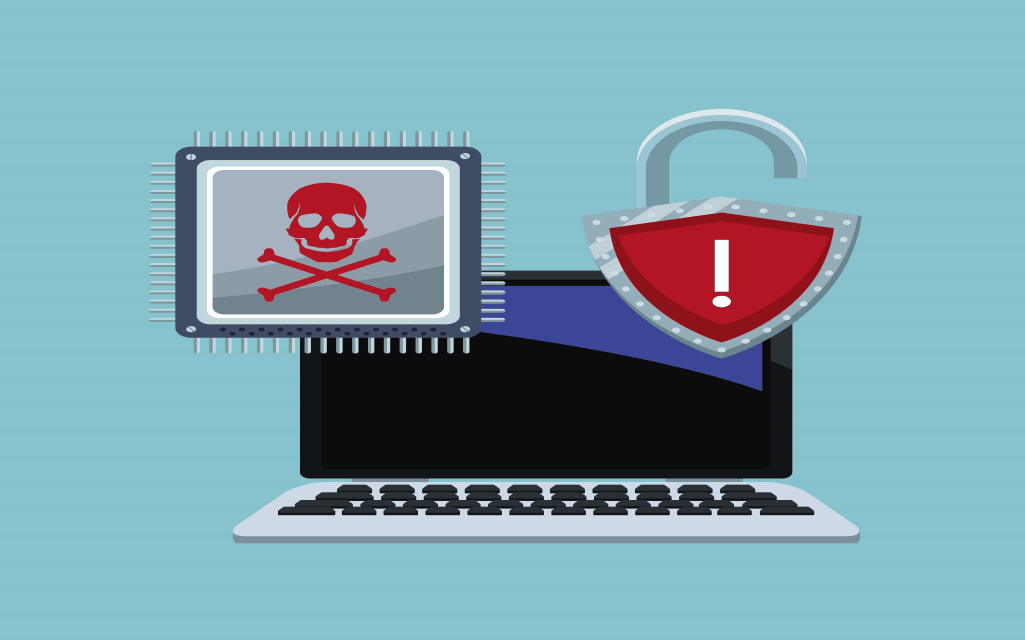There are many reasons why your website could by targeted by hackers, even if there is nothing on it that you think is of particular value. More often than not, websites are not compromised in order for the hackers to steal information, but to be used as an asset. It may be the case that the hackers use the site as a proxy for spam emails, a temporary server for illegal data or in a botnet that mines for Bitcoin. With this in mind we explore some of the ways that you can ensure your website is secure and safe from online attacks.
Install SSL Certificate
What is SSL certificate? SSL certificates are digital certificates that are bind with a cryptographic key, which secures data transactions between server and browser. It secures data like credit card details, usernames, passwords and more. COMODO is trusted & leading SSL certificate authority in the world. There are types of certificates available like Positive SSL, Wildcard SSL and more. These certificates provide top level security. Find latest Comodo SSL coupons & promo codes so you can save more on your Comodo SSL Certificates.
Update Software Regularly
Updating the software that you use is paramount if you are to maintain a secure and safe website. You need to do this for the server operating system and for the software you use to manage the website, like the content management system (CMS).
Any security patches, that are issued by the CMS company you use, should be applied as quickly as possible and most companies will send you notifications when these updates become available. If, of course, you are using a managed hosting solution, then this should be taken care of for you.
Use of Passwords
Being conscientious regarding the way you use passwords is also important when it comes to the security of your website. Using complex passwords, that contain letters, numbers and symbols, is the best policy. Furthermore, although it is an arduous procedure, passwords should be changed periodically as a fail-safe measure.
Assets and Scripts
There are also a number of extremely technical issues concerning website assets and scripts that can compromise the security of your website. For example, where forms are present on a website, SQL injection attacks may be possible or when users upload files to the website, they may also be inadvertently uploading scripts that make the site susceptible to attack.
For smaller sites, particularly those which are static, this isn’t so much of a problem, but for more complex sites, the likes of those developed for an ecommerce enterprise, for example, these factors must be addressed.
Sophisticated Websites and Digital Infrastructures
Where companies and even individuals have complex IT infrastructures, security becomes much more important and complex. In this instance, it may be sensible to liaise with professional cyber security experts. Companies that specialise in this area are best placed to work with IT teams to provide comprehensive protection and to implement offensive measures.
The bigger the concern, the more likely the chances of attack and so a third party may constitute the best way of ensuring your website is secure and safe from online attacks.



